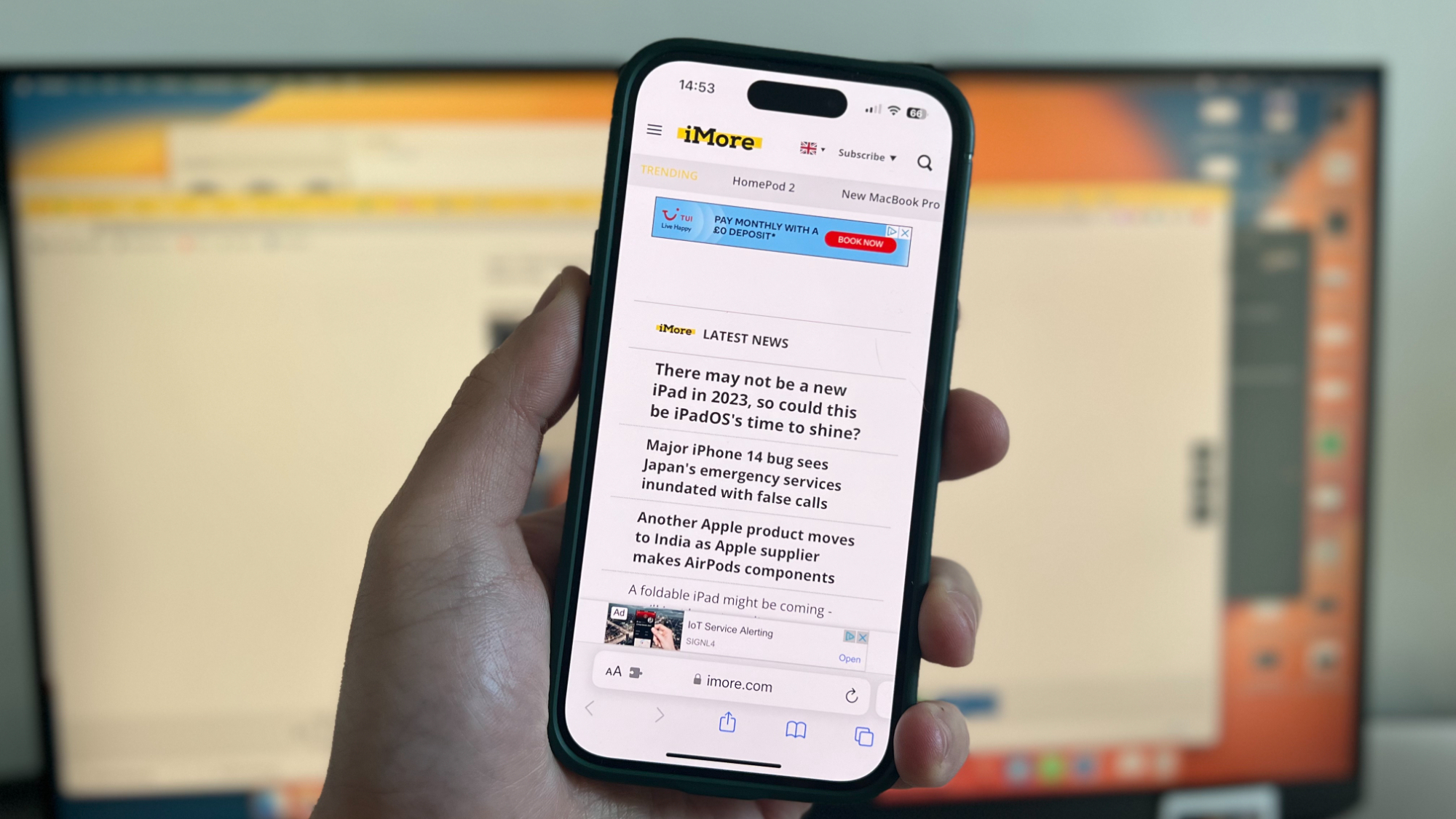iPhone owners are ditching Safari for third-party alternatives as EU DMA change forces Apple to give them a choice
People like choices, who knew?

Apple has been forced to make a number of changes to the way people use iPhones in the European Union following the arrival of the Digital Markets Act in March 2024, and one of the changes that might have gone under the radar has turned out to be a surprisingly successful one.
While many will focus on the DMA's requirement that Apple allow third-party app marketplaces onto the iPhone as well as the ability for developers to offer apps for download from their own websites, Apple has also been forced to make a change to the way people browse the web, too. While Safari comes preinstalled on all iPhones and third-party alternatives are available in the App Store, Apple must now also offer EU iPhone owners the chance to switch via a special on-screen page — prompting them to download a new browser.
It was the belief of some that people were unaware that there were options other than Safari, and that by making Apple explain that there were, people would be given more choice. And according to a new report, people are now downloading alternatives to Safari at a rate never before seen.
Choosing alternatives
Reuters reports that independent browser companies have experienced a spike in downloads as a result of the new EU legislation that came into force on March 7.
One example given by the report comes via Aloha Browser which said that users in the EU jumped 250% in March alone. "Before, EU was our number four market, right now it's number two," Aloha CEO Andrew Frost Moroz told Reuters. And Aloha isn't alone.
Both Vivaldi and Brave say that they have seen user numbers increase since the new regulations came into force while DuckDuckGo noted that while the new choice screen rollout is incomplete, it's also experienced a boost in downloads.
"We are experiencing record user numbers in the EU right now," Jan Standal, vice president at Opera, told Reuters as the success stories continue to roll in.
iMore offers spot-on advice and guidance from our team of experts, with decades of Apple device experience to lean on. Learn more with iMore!
The choices offered by Apple's new page include 11 web browsers in addition to Safari across the EU's 27 member countries. The screen will be shown to each iPhone user once per year, and Apple randomizes the browsers that it shows every year.
As positive as the DMA might have been for web browser developers, Apple itself continues to struggle to try and appease lawmakers. The EU opened an investigation into potential noncompliance issues last month, and some have argued that the way Apple has chosen to comply isn't in the spirit of what the DMA is trying to achieve.
In the case of browsers, it's been suggested that Apple's page of options doesn't go far enough. Users only see a screen when they click Safari while some argue that the list of browsers they are presented with does not have enough information about the choices at hand.
"The process is just so convoluted that it's easiest for (users) to select Safari or potentially some other known name," Jon Stephenson von Tetzchner, CEO of Vivaldi, reportedly said.
More from iMore

Oliver Haslam has written about Apple and the wider technology business for more than a decade with bylines on How-To Geek, PC Mag, iDownloadBlog, and many more. He has also been published in print for Macworld, including cover stories. At iMore, Oliver is involved in daily news coverage and, not being short of opinions, has been known to 'explain' those thoughts in more detail, too.
Having grown up using PCs and spending far too much money on graphics card and flashy RAM, Oliver switched to the Mac with a G5 iMac and hasn't looked back. Since then he's seen the growth of the smartphone world, backed by iPhone, and new product categories come and go. Current expertise includes iOS, macOS, streaming services, and pretty much anything that has a battery or plugs into a wall. Oliver also covers mobile gaming for iMore, with Apple Arcade a particular focus. He's been gaming since the Atari 2600 days and still struggles to comprehend the fact he can play console quality titles on his pocket computer.
